FG seeks investors for nationwide fibre optic project
The Federal Ministry of Communications, Innovation, and Digital Economy has launched an investor consultation process, inviting private sector players to express interest in a Special Purpose Vehicle tasked with laying 90,000 kilometres of fibre optic cables throughout Nigeria.The initiative, dubbed Project Bridge: Building Resilient Digital Infrastructure for Growth, was announced in a consultation document released Monday. The project, led by Minister Dr. Bosun Tijani, aims to build a nationwide fibre network to improve connectivity, boost economic growth, and drive digital transformation.
According to the Ministry, the project will be implemented using a Public-Private Partnership model, with the Nigerian government owning between 25% and 49% of the SPV. The entity will operate as an independent limited liability company, overseen by a board of directors with expertise in telecommunications, infrastructure, and finance.
The Ministry emphasised that the invitation is consistent with the Infrastructure Concession Regulatory Commission Act of 2005 and the National Policy on Public-Private Partnerships. It continued: "The Ministry is issuing this invitation to ensure transparency, fairness, and accountability in the Project's implementation and private sector engagement."
Nigeria's broadband penetration is currently around 45%, with large gaps in rural and underserved areas. The 90,000-kilometer fibre optic project aims to bridge the digital divide by providing universal access to high-speed internet while also encouraging innovation, e-commerce, and digital services.
According to experts, the PPP model has the potential to attract major telecom and infrastructure investors, accelerating Nigeria's digital economy goals outlined in the National Digital Economy Policy and Strategy (NDEPS 2020-2030).
Dr. Bosun Tijani previously announced in May of last year that the Federal Executive Council had approved the SPV, which will use governance and operational models similar to successful Nigerian PPPs like the Nigeria Inter-Bank Settlement System and Nigeria Liquefied Natural Gas.
The government intends to collaborate with private and public sector stakeholders to expand Nigeria's connectivity backbone to at least 125,000 kilometres. The project is expected to increase internet penetration to more than 70%, lower the cost of internet access by more than 60%, provide internet access to at least 50% of the 33 million Nigerians who are currently disconnected from digital connectivity, and contribute up to 1.5% of GDP growth per capita, raising Nigeria's GDP from $472.6 billion in 2022 to $502 billion over the next four years.
The Ministry has not announced a timeline for the SPV's implementation, but it anticipates strong interest from investors seeking to support Nigeria's digital transformation.

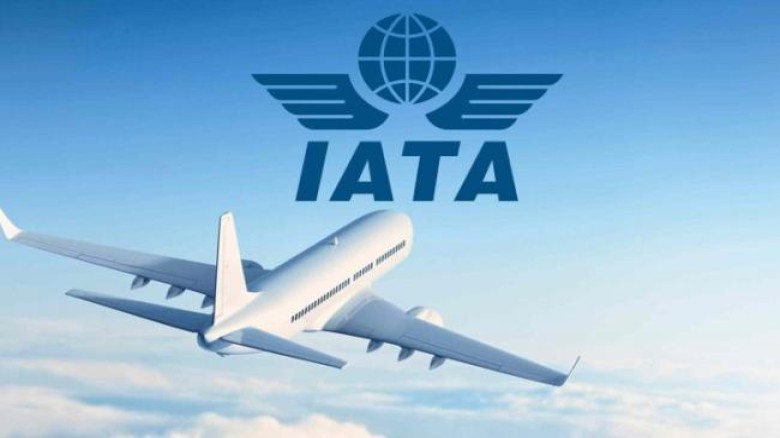
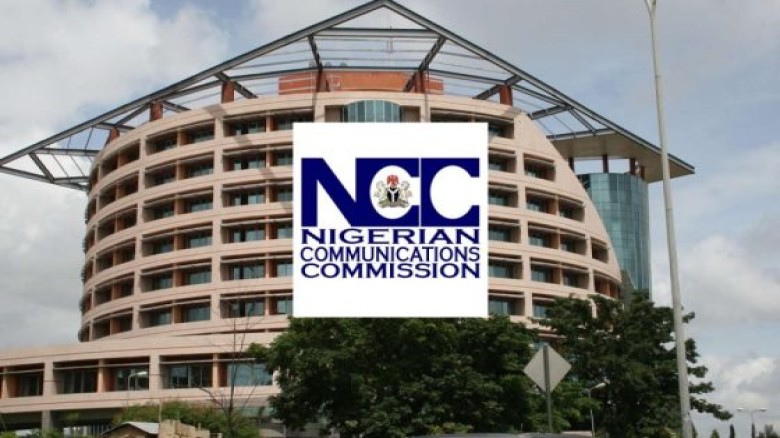
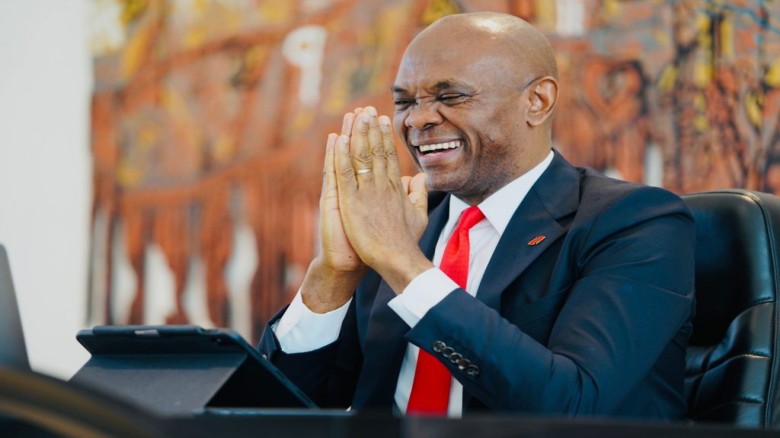
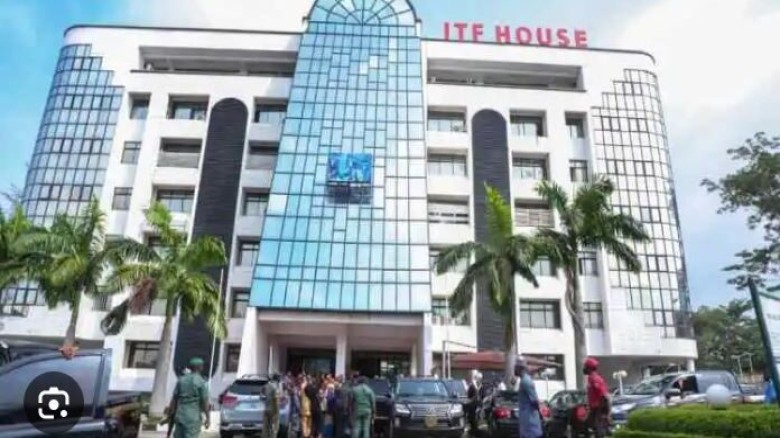
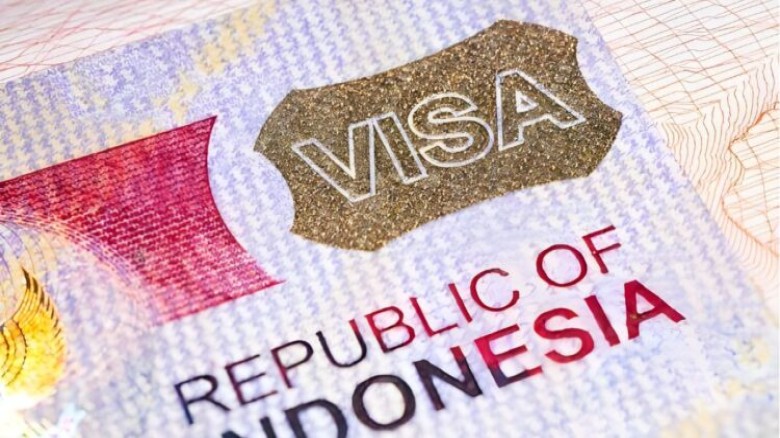







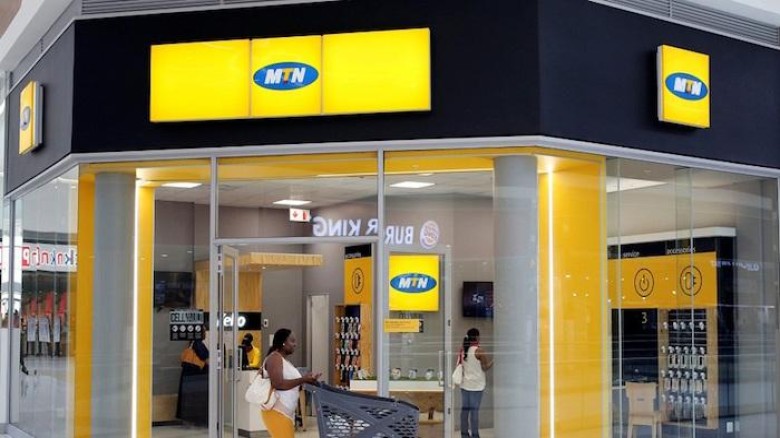










Leave A Comment